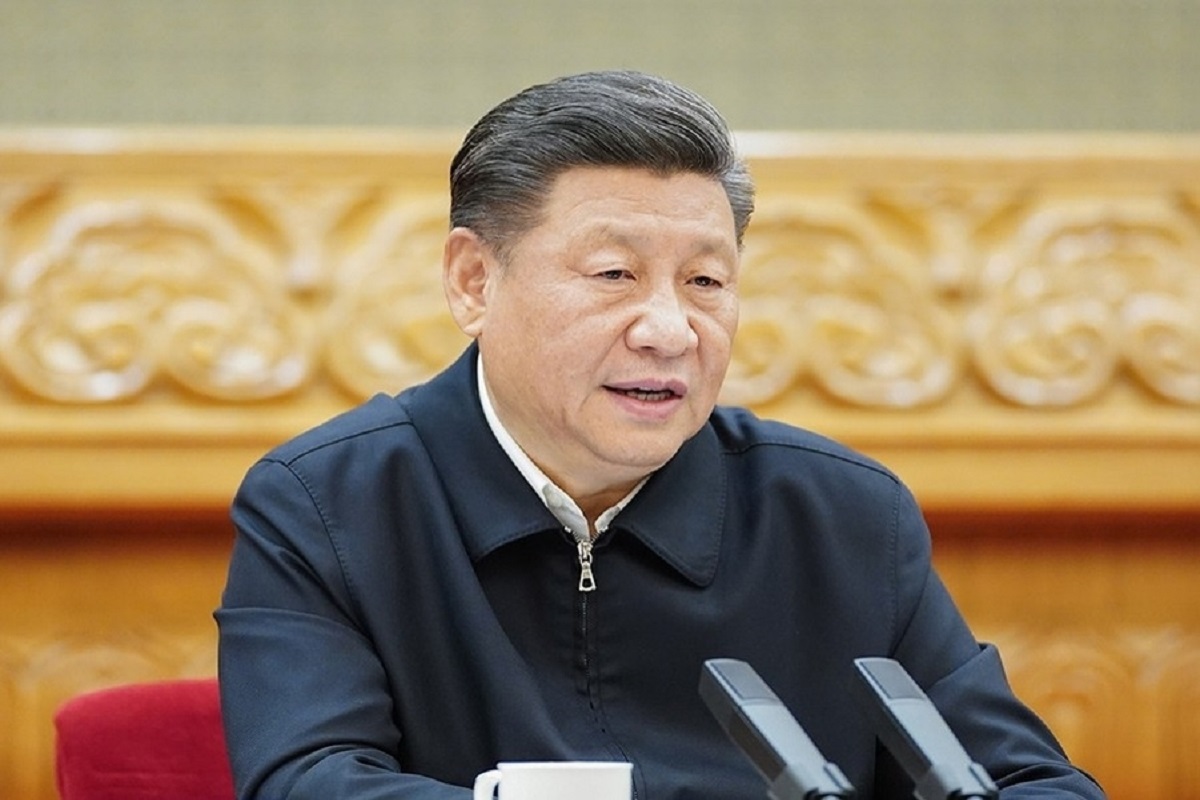Space Liberalisation
In a bold move signalling a paradigm shift in its approach to space exploration, India has opened its doors wider to the global space industry.
The moon rocks have returned to Earth and the country thus becomes the third to earn the distinction, the first in more than 40 years. The country’s re-entry module of Chang’e-5, the latest lunar probe, landed in the grasslands of Inner Mongolia last Wednesday.

Chinese President Xi Jinping (Photo: IANS)
One could argue that it is yet another feather in President Xi Jinping’s cap. China, amidst the season of a pandemic which originated from its shores, has achieved the spectacular in its space programme.
The moon rocks have returned to Earth and the country thus becomes the third to earn the distinction, the first in more than 40 years. The country’s re-entry module of Chang’e-5, the latest lunar probe, landed in the grasslands of Inner Mongolia last Wednesday.
China’s lunar exploration programme envisages that the government in Beijing will have astronauts on the moon within the next decade. On the anvil too is a research station on the moon and eventually plans to send people to Mars.
Advertisement
Reports on the space programme, unveiled this week, also suggest that China’s Mars probe, launched in July, is now travelling through space towards the “red planet”.It is scheduled to reach in April 2021 and then release a rover for landing. This will mark another first for
China and is overall testament to the country’s vigorous space programme. Generally considered to be a “late-comer” in space exploration, the country has taken phenomenal strides in the daunting sphere not the least because President Xi is seemingly determined to challenge the domination of the United States of America in more spheres than one.
It would be pertinent to recall that China had sent its first astronauts to space in 2003 and had embarked on its first moon mission the following year. In 2007, the country had launched Chang’e-1, its first lunar probe, named after a Chinese mythical figure who is revered as the goddess of the moon. Chang’e-5 was launched on 23 November.
It had landed on the moon eight days later, digging up samples from the surface. Indeed, Zhou Chengyu, the 24-year-old member of the mission control team, has over the past month become an internet sensation in the context of her television appearance during the launch.
While moon rock samples are not new ~ the Americans had brought them decades ago ~ China has some justification in claiming the achievement as a “giant leap forward” for its space programme.
Experts say earlier missions had brought back small quantities of samples, all of them from a part of the Moon that is dotted with craters.
The Chinese space mission was planned to collect samples from a region with fewer craters. The mission has happened exactly a year after the initial case of coronavirus was detected in Wuhan.
The controversy over China’s alleged “culpability”, the reported hedging by the World Health Organization ~ pre-eminently the man at the helm ~ persists to this day. To have pulled off a successful space mission against this backdrop is creditable and will buttress efforts of its space programme.
Advertisement